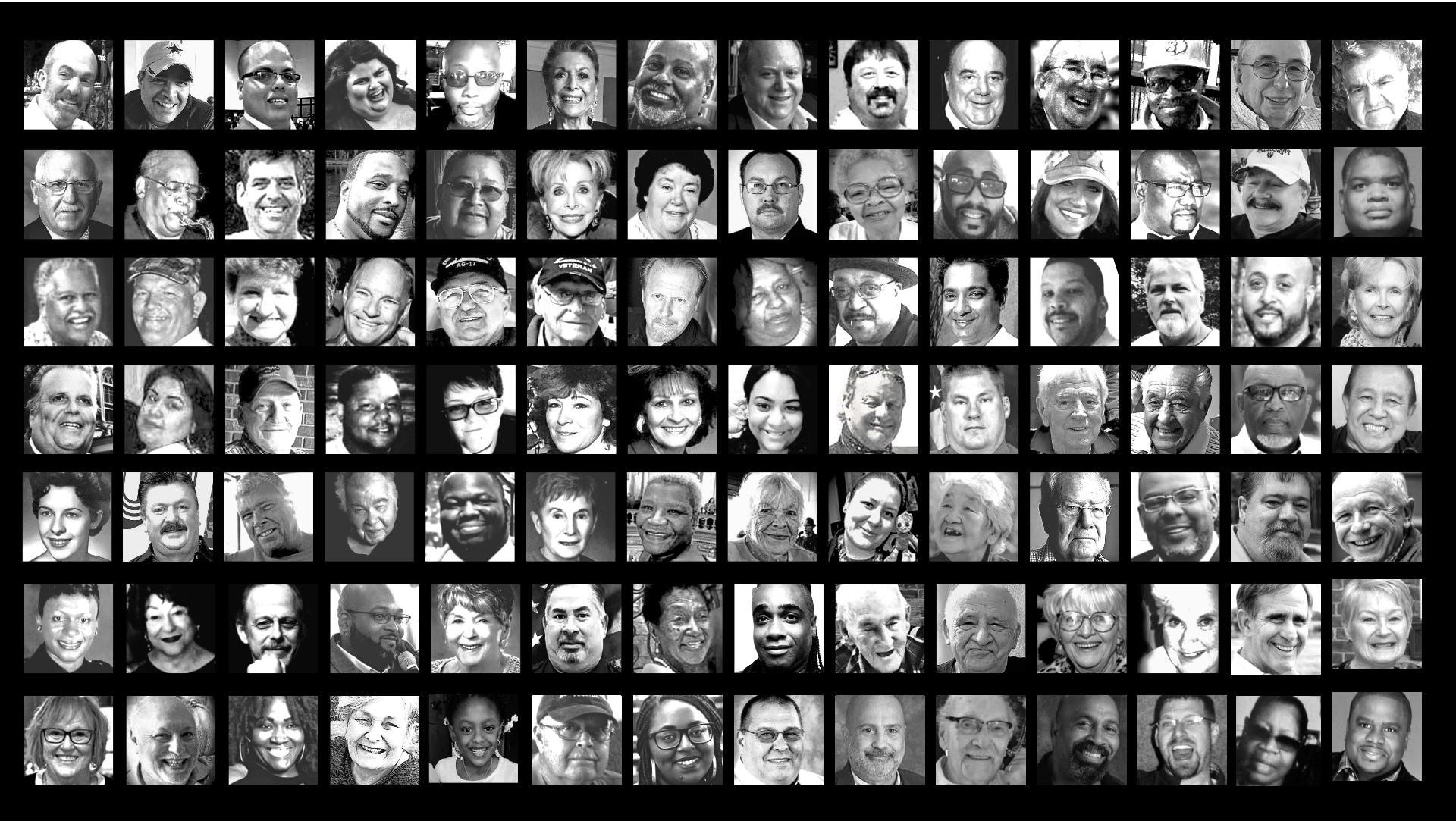News
August 13, 2020
200,000: At least 200,000 more people have died in the US since March than in previous years during the same time frame, according to analysis conducted by the New York Times. This means that official government data is undercounting COVID-19 deaths in the US by at least 60,000, the Times says.
500 million: India has pledged $500 million towards a bridge project in the Maldives that would link the capital Malé to nearby islands. Investment in the island nation, which has become a key part of China's ambitious Belt and Road Initiative, reflects New Delhi's attempt to counter Beijing's influence in the region amid an intensifying rivalry between the two powers.
6: Nearly six percent of all people in England (3.4 million residents) contracted COVID-19 by the end of June, according to new research which tested 100,000 people for coronavirus antibodies. At least 13 percent of all people living in London have tested positive for COVID-19 antibodies, a sign of the vast scale of the outbreak in England.
10 million: Namibia has rebuffed a compensation package from Germany — totaling a reported 10 million euros — aimed at compensating the African nation for crimes committed there during German colonial rule (1884-1915) resulting in tens of thousands of indigenous deaths — often referred to as the 20th century's first genocide. Local media reports that part of the dispute is about using the term "reparations," with Germany favoring a less "evocative" term such as "healing the wounds."
More For You
Most Popular
Fishing boats moored at Taganga Beach, as fishermen express concern over unclear US government videos showing strikes on vessels during anti-narcotics operations, amid fears that those targeted may have been fishermen rather than drug traffickers, in Santa Marta, Colombia, on October 20, 2025.
REUTERS/Tomas Diaz
Walmart’s $350 billion commitment to American manufacturing means two-thirds of the products we buy come straight from our backyard to yours. From New Jersey hot sauce to grills made in Tennessee, Walmart is stocking the shelves with products rooted in local communities. The impact? Over 750,000 American jobs - putting more people to work and keeping communities strong. Learn more here.
© 2025 GZERO Media. All Rights Reserved | A Eurasia Group media company.
